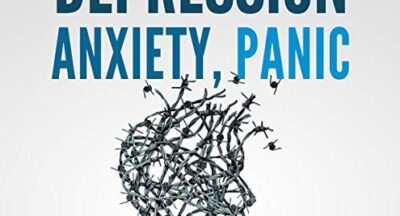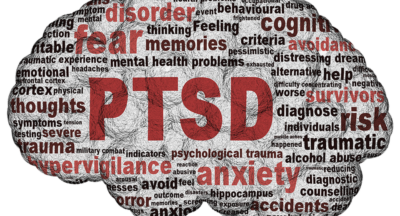
Numerous strategies to cope with ongoing gaslighting from loved ones and those you care about when facing constant emotional manipulation and distortion of reality.

Experiencing gaslighting from someone you care about can be profoundly distressing for several reasons. It involves a breach of trust, where the person intentionally distorts reality and manipulates your perceptions, causing significant emotional pain, particularly when it originates from someone you trust. Gaslighting employs tactics like denial and blame-shifting, resulting in confusion, self-doubt, and emotional upheaval. The continuous dismissal and questioning of your reality can gradually erode your self-esteem and confidence, impacting your overall sense of self-worth.
This manipulation may also lead to isolation, as the gaslighter aims to discredit your relationships and foster dependence, creating obstacles to seeking support. Classified as a form of psychological abuse, gaslighting contributes to anxiety, depression, and symptoms resembling post-traumatic stress disorder (PTSD). It involves a loss of autonomy, with the gaslighter exerting control over your thoughts and actions, fostering a profound sense of powerlessness. The resulting trauma extends beyond the specific relationship, affecting other connections and complicating issues of trust and open communication.
Victims may find it challenging to recognize the abuse or seek help due to the gaslighter’s undermining tactics (primarily someone who may have NPD), prolonging the trauma and impeding the process of liberating oneself from the abusive dynamic.
Dealing with ongoing gaslighting from loved ones requires employing various strategies to navigate emotional manipulation and reality distortion. Here are several approaches to consider:
- Self-awareness: Recognize and trust your feelings and perceptions. Maintain confidence in your own reality and resist doubting yourself.
- Set Boundaries: Establish clear boundaries with those who engage in gaslighting. Clearly communicate unacceptable behavior and enforce consequences if necessary.
- Seek Support: Reach out to friends, family, or a therapist for support. Share experiences and feelings with someone you trust to gain perspective and validation.
- Document Incidents: Keep a record of gaslighting incidents, noting dates, times, and specific behaviors. This documentation can serve as a reference point and validation.
- Educate Yourself: Learn about gaslighting and manipulation tactics. Understanding these behaviors can empower you to recognize and resist them.
- Maintain Independence: Cultivate a strong sense of self and independence. Nurture interests, friendships, and activities outside of the gaslighting dynamic.
- Practice Self-Care: Prioritize self-care activities to maintain emotional well-being. Engage in activities that bring comfort, relaxation, and joy.
- Assertiveness: Practice assertiveness in communication. Clearly express feelings and concerns without compromising your truth.
- Professional Help: Consider seeking therapy to navigate emotional challenges and develop coping strategies.
- Limit Contact: If necessary, distance yourself from individuals consistently engaging in gaslighting. Create a protective space for mental and emotional health.
Keep in mind that every situation is distinct, and these strategies may require adjustments to fit particular circumstances. If you are in an abusive relationship, it’s essential to seek professional help for your well-being. Always seek assistance from experts who comprehend these challenges, especially when dealing with personality disorders associated with Narcissistic behavior.

dr.dan
Related Posts
Key strategies to maintaining proper mental health when being a caregiver: Anxiety can hit you at anytime, anywhere and frequently!
Adult caregivers exemplify remarkable selflessness in their commitment to...
The hidden signs of unprocessed trauma: What to look for, how to understand them and stay away from denial at all cost. The many difficult challenges ahead!
Unprocessed trauma can cast a long shadow over one's life, often manifesting...
Avoiding these narcissistic parenting styles or your children may follow similar narcissistic behaviors. Some hope in sight.
To prevent your children from adopting narcissistic behaviors, it is crucial...
The many ugly faces of depression: What should you expect when experiencing Anhedonia and the many symptoms, causes and treatment that are available when dealing with it.
Anhedonia is closely associated with depression and is often considered a...




